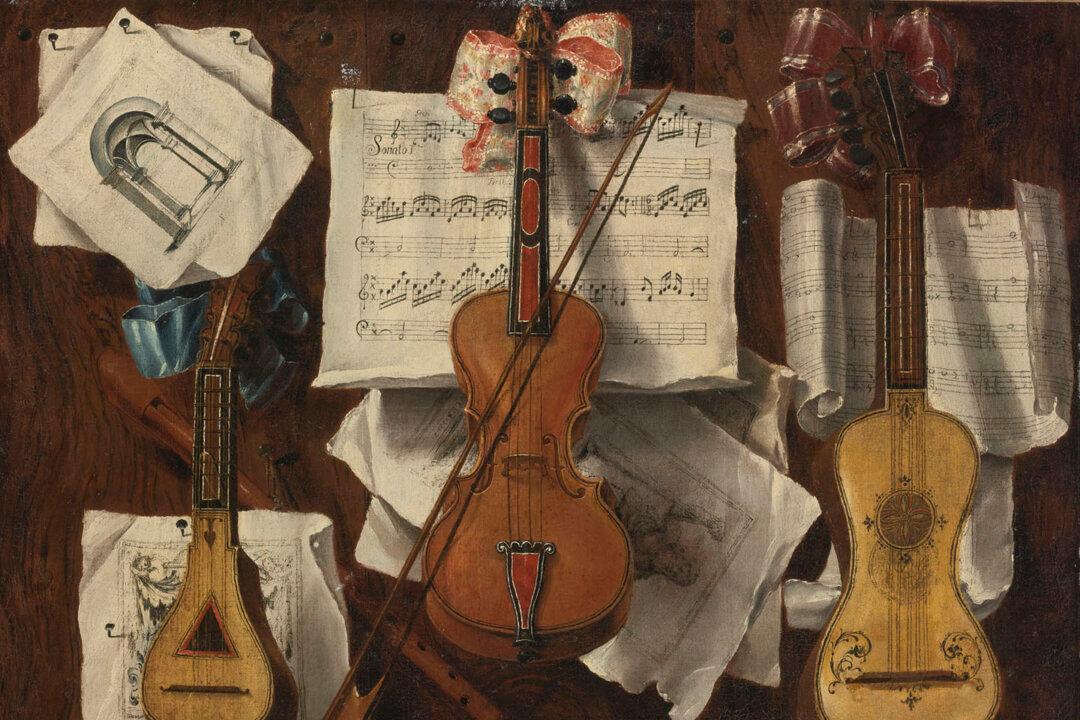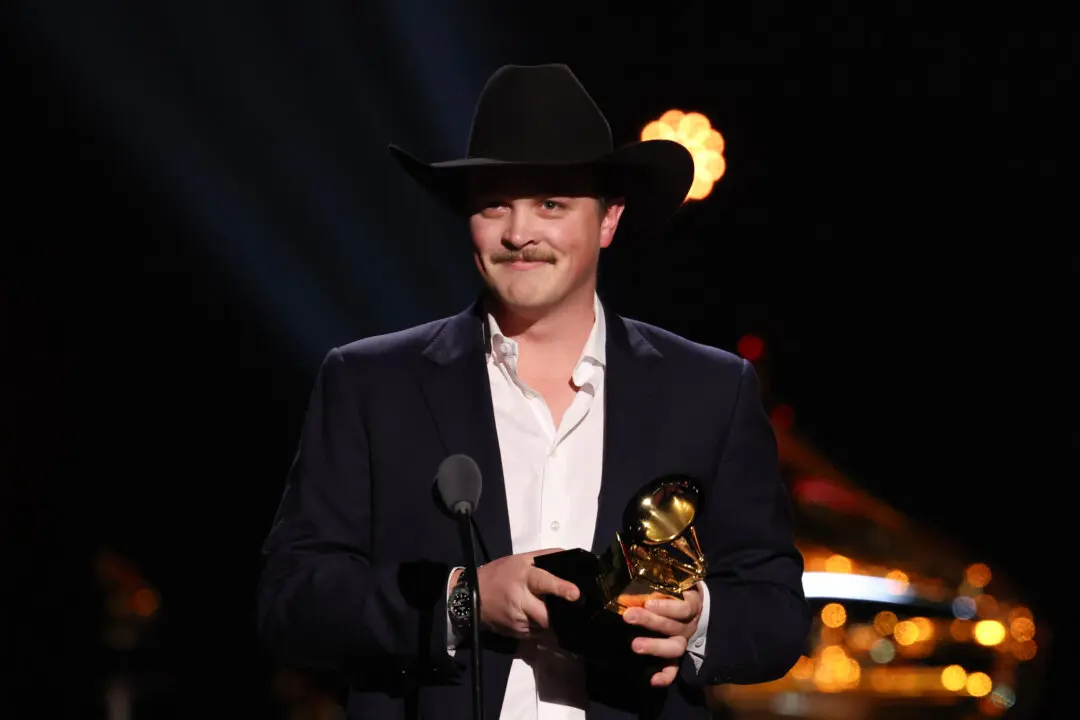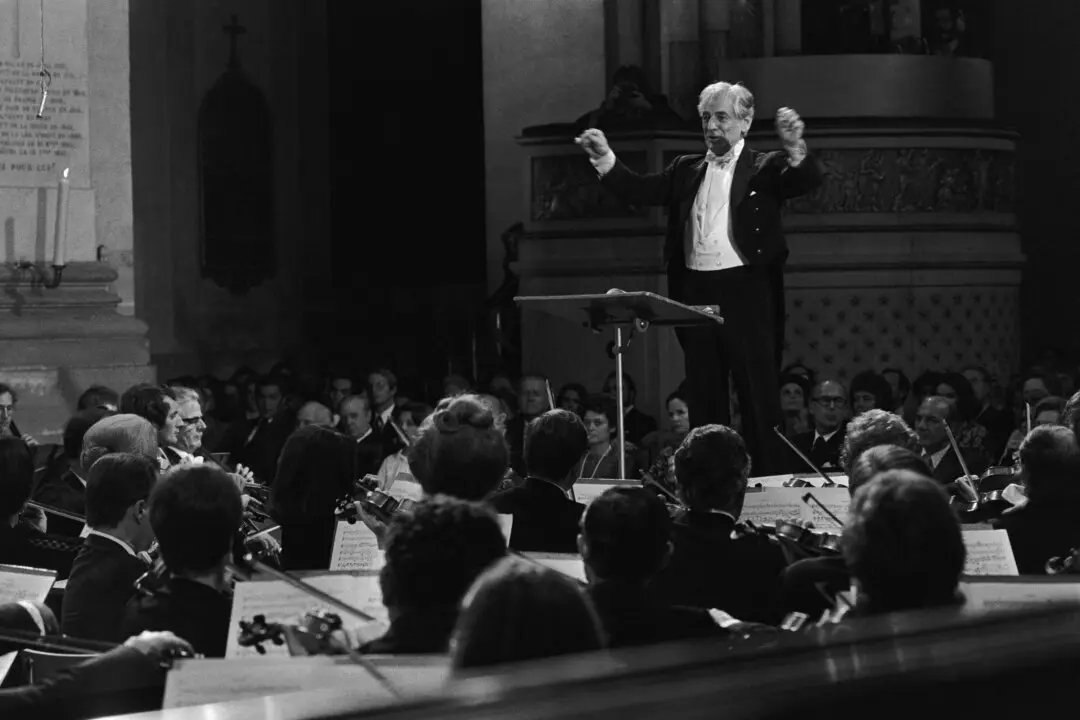Concert pianist Hyperion Knight’s fondest memories date back to when he was 4 years old. After his father came home from work, they often bonded over music. The recordings his father played turned Mr. Knight into a self-professed music lover. On his ninth birthday, his father gifted him a recording of Ludwig van Beethoven’s nine symphonies and “the rest,” he remarked, “is history.”
The inspiration he experienced while hearing Beethoven’s Symphony No. 9 acted as a catalyst for his career. From that point on, music was Hyperion’s purpose. He debuted professionally at 14, playing Beethoven’s impressive Fourth Piano Concerto to a captivated audience. After earning a bachelor’s degree in music at the San Francisco Conservatory of Music, the California native headed to Ohio, where he earned a masters and a doctorate in music from the Cleveland Institute of Music.





